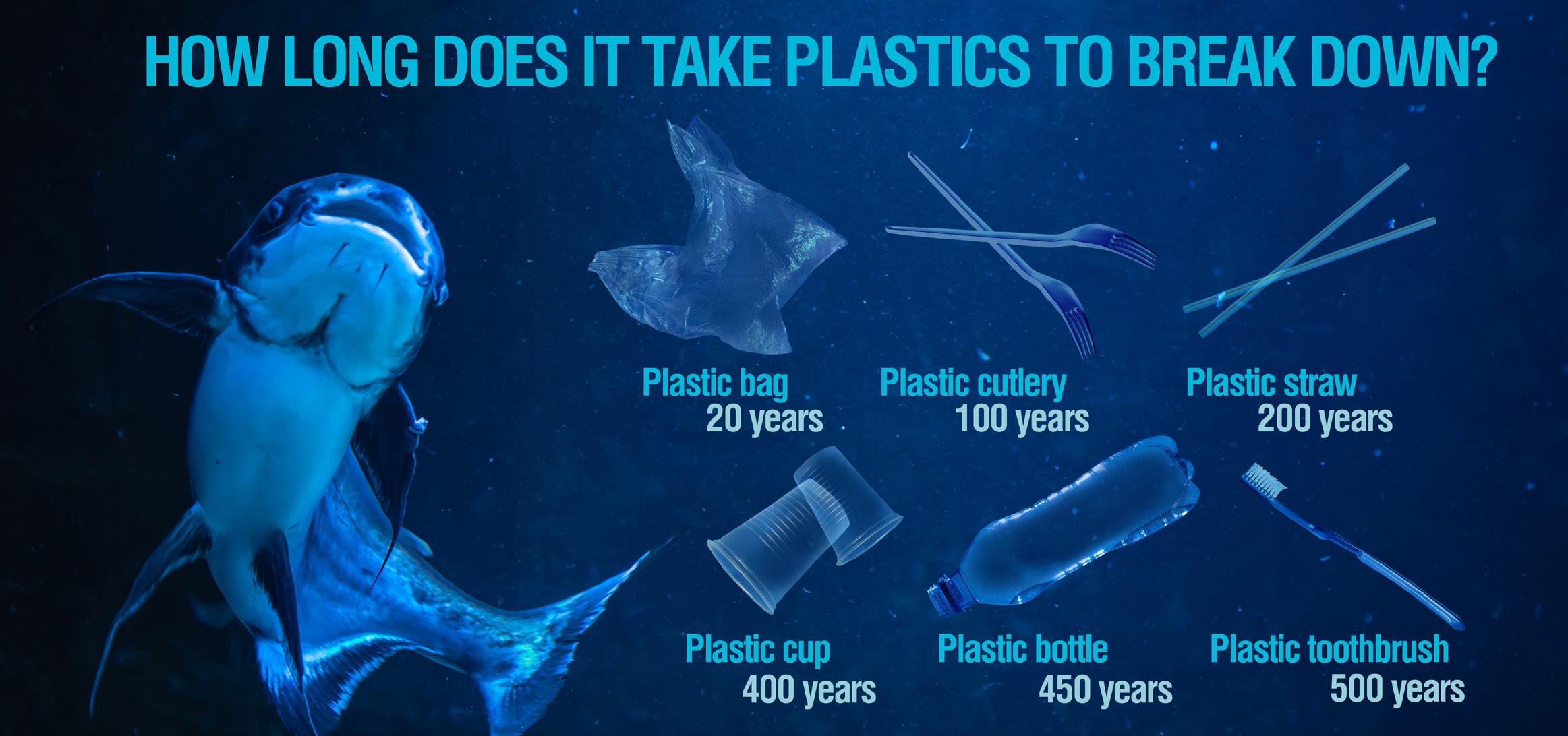
3 minute read
Ending Plastics Pollution: Adoption of the UNEA Plastics Resolution by Denise Scotto, Esq
Ending Plastics Pollution: Adoption of the UNEA Plastics Resolution
by Denise Scotto, Esq
On March 2, at tis resumed 5th Session in Nairobi, Kenya, the United Nations Environment Assembly (UNEA) which is the world’s highest-level decision-making body on the environment unanimously endorsed a historic Resolution by creating an Intergovernmental Negotiating Committee (INC) with a major goal of forging an international legally binding agreement to end plastic pollution by the end of 2024. The resolution addresses the full lifecycle of plastic, including its production, design and disposal.
“Today marks a triumph by planet earth over single-use plastics. This is the most significant environmental multilateral deal since the Paris accord. It is an insurance policy for this generation and future ones, so they may live with plastic and not be doomed by it.” said Inger Andersen, Executive Director of UNEP. Plastic production soared from 2 million tonnes in 1950 to 348 million in 2017, becoming a global industry valued at US$522.6 billion, and it is expected to double in capacity by 2040. The impacts of plastic production and pollution on the triple planetary crisis of climate change, nature loss and pollution are a catastrophe in the making:
Exposure to plastics can harm human health, potentially affecting fertility, hormonal, metabolic and neurological activity, and open burning of plastics contributes to air pollution.
More than 800 marine and coastal species are affected by this pollution through ingestion, entanglement, and other dangers.
Some 11 million tonnes of plastic waste flow annually into oceans. This may triple by 2040. A shift to a circular economy can reduce the volume of plastics entering oceans by over 80 per cent by 2040; reduce virgin plastic production by 55 per cent; save governments US$70 billion by 2040; reduce greenhouse gas emissions by 25%; and create 700,000 additional jobs – mainly in the global south. The INC has a broad mandate. Starting later this year, it will begin preparations to develop the objectives of the proposed instrument; the role of National Action Plans in achieving those objectives; methods for periodically assessing the instrument’s effectiveness and progress toward its objectives; arrangements for capacity building and support; and a system to address compliance.
In its deliberations, the INC will consider mandatory and voluntary approaches, the need of some countries for financial support, flexibility for national circumstances, “the best available science, traditional knowledge, knowledge of indigenous peoples and local knowledge systems,” and other relevant issues. Many people would agree that this closely resembles the INC process the UN General Assembly initiated back in 1990 to create the United Nations Framework Convention on Climate Change (UNFCCC) which eventually led to the Paris Agreement.
Notwithstanding, the process is highly complex and requires political will from all participants. While it represents a new chapter in international environmental law and policy, its outcome will have a significant impact on the plastics industry, the business sector, our precious planet and humanity for decades to come.


Denise Scotto, Esq., is an attorney at law, policy advisor, international speaker, interfaith minister & Founding Chair of the International Day of Yoga Committee at the UN. Starting her legal career in the public sector, she was a litigator appearing in courts in all boroughs of the City of New York. Denise held leadership roles in professional bar organizations including: the NY State Bar, the NY State Women’s Bar, the International Law section of the American Bar Association, the UIA. With these associations, she organized numerous events at UN fora as well as at national and local levels on global issues of pressing concern including conducting the first legal education program in NY City and NY State on the topic of human trafficking.










